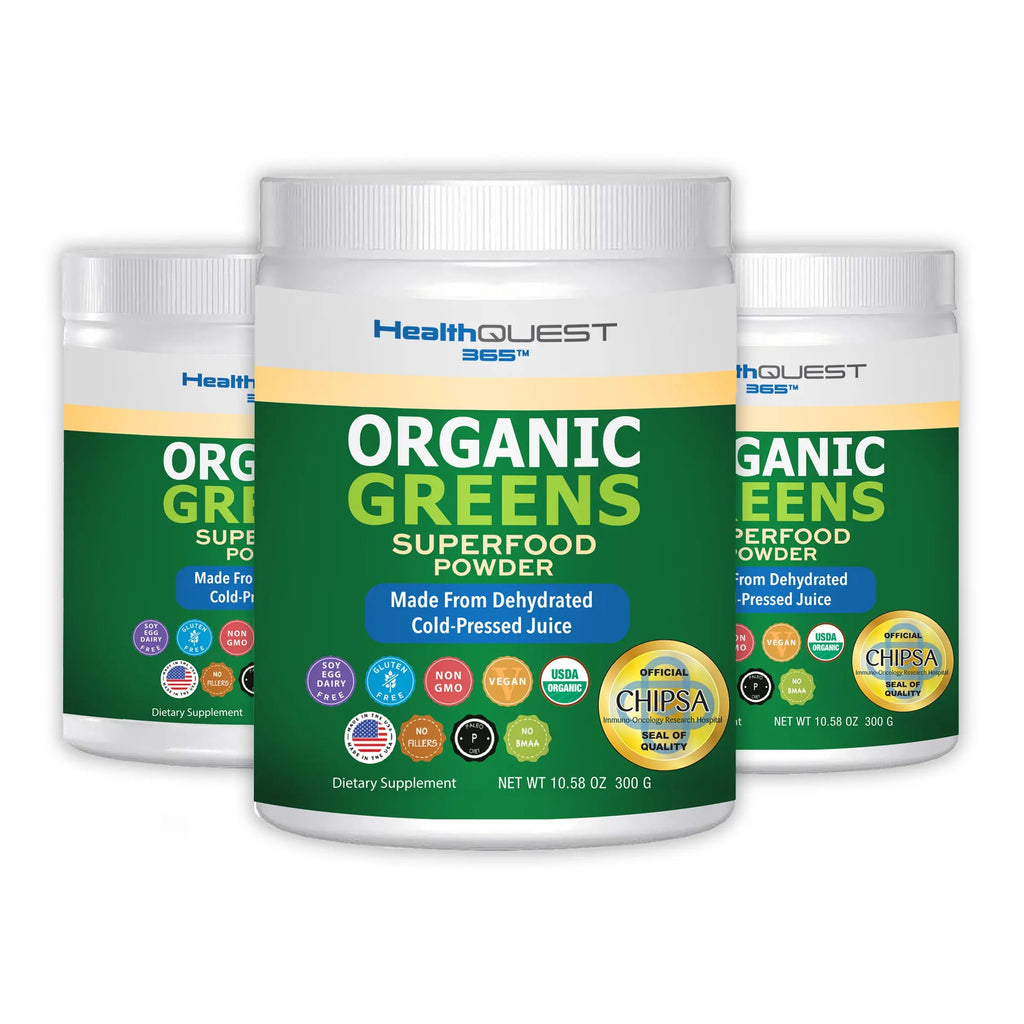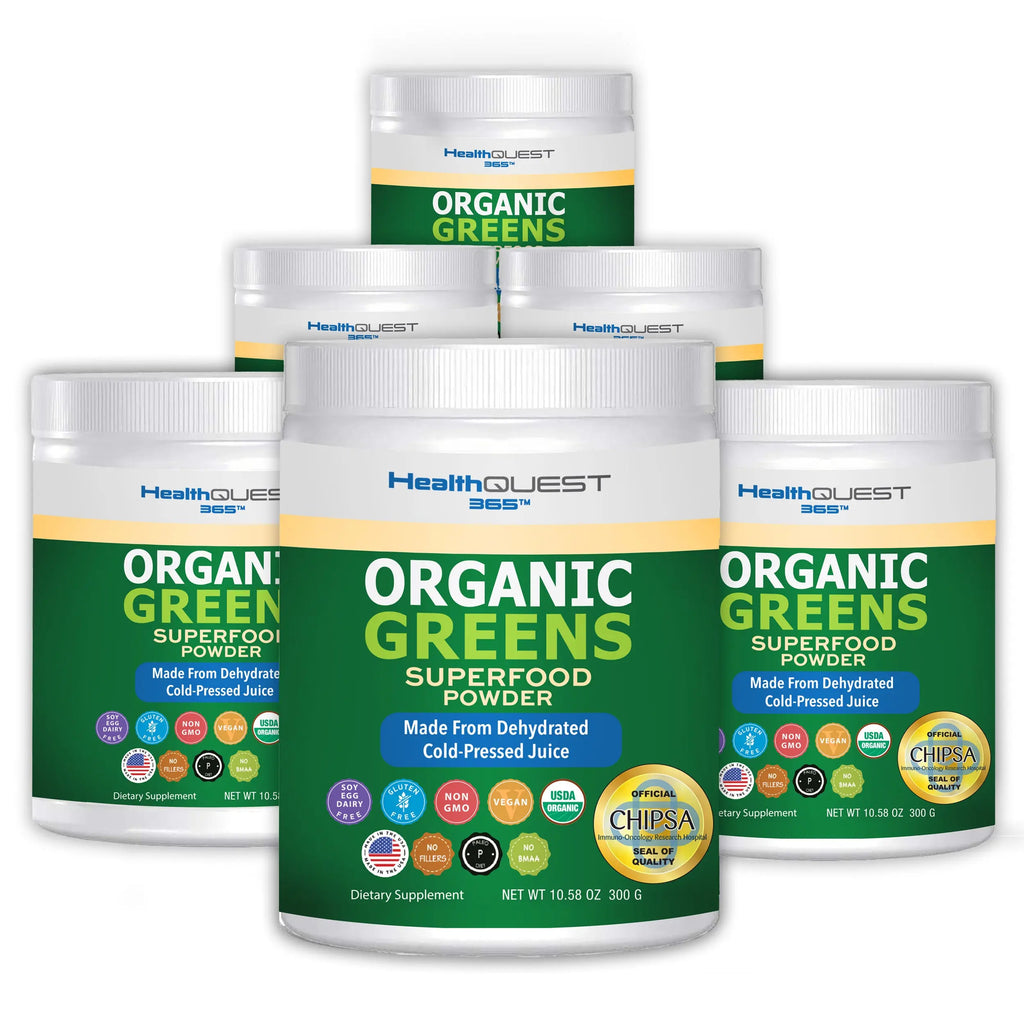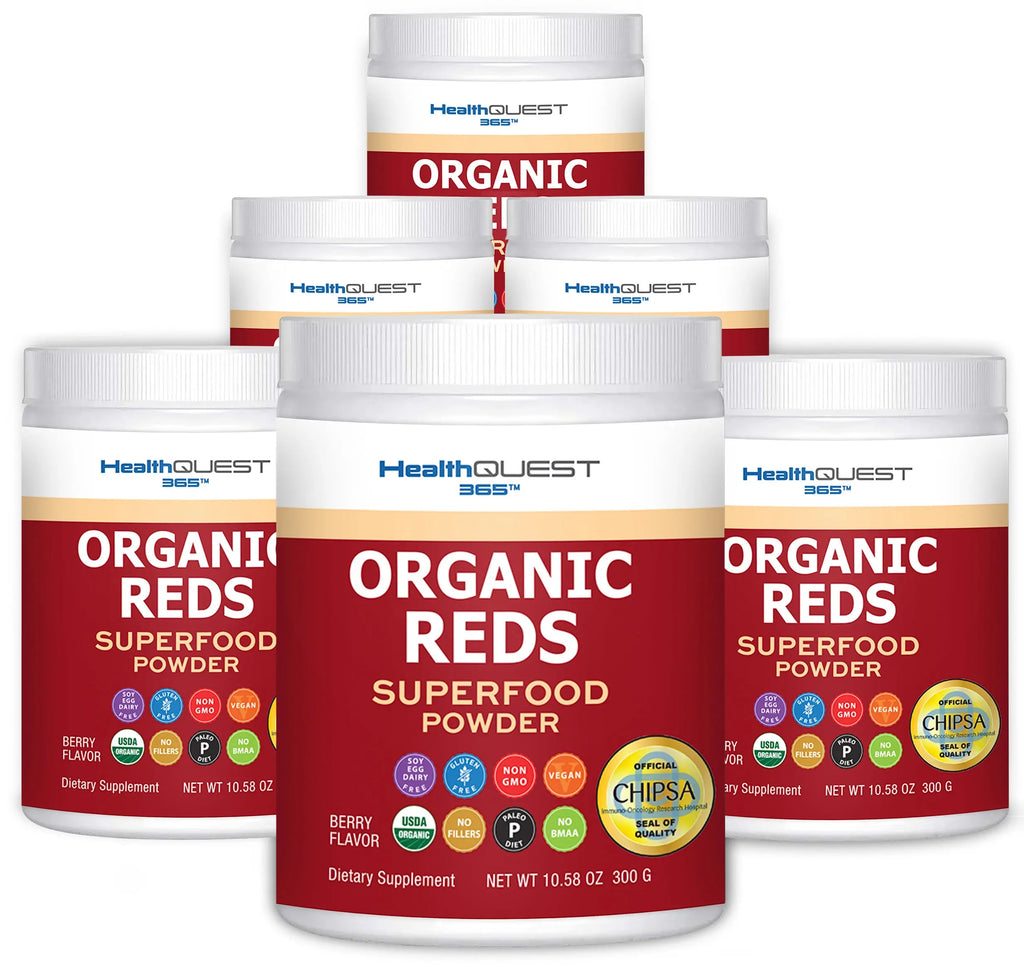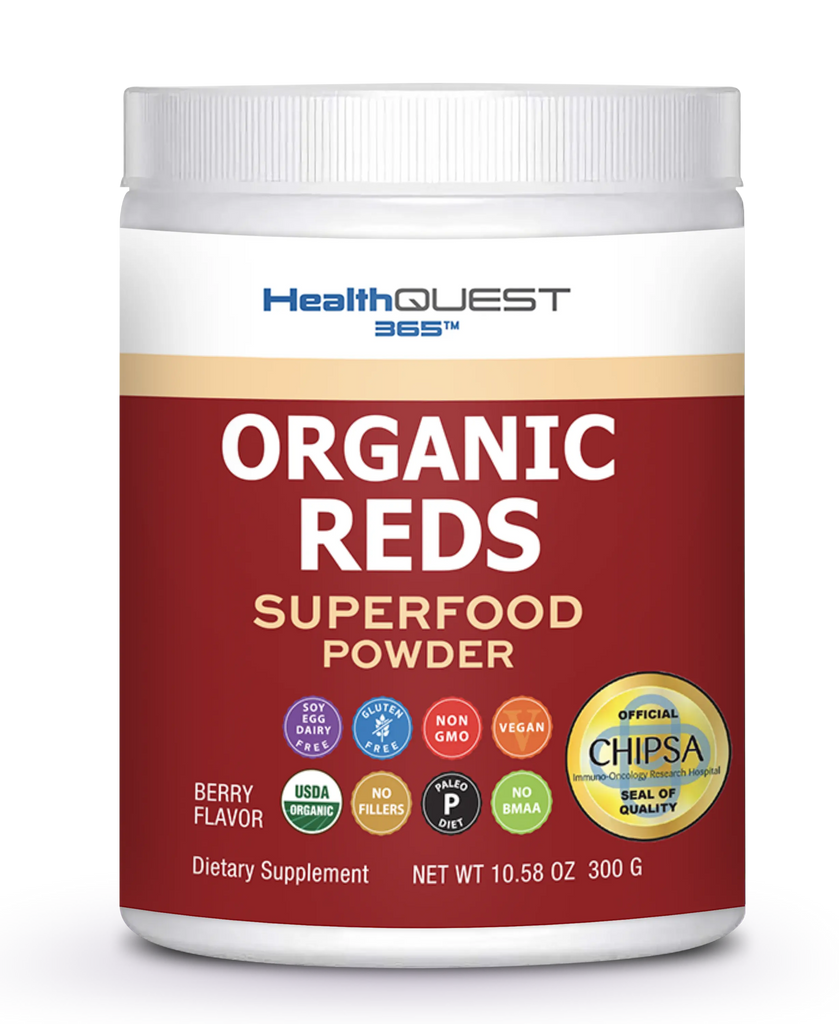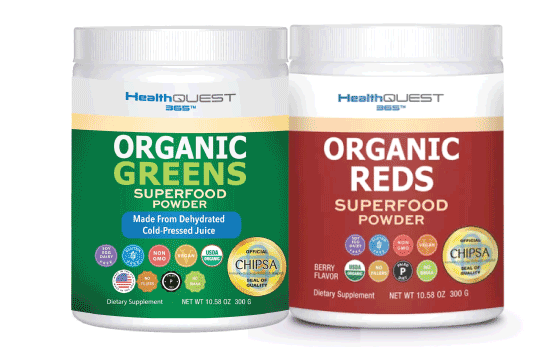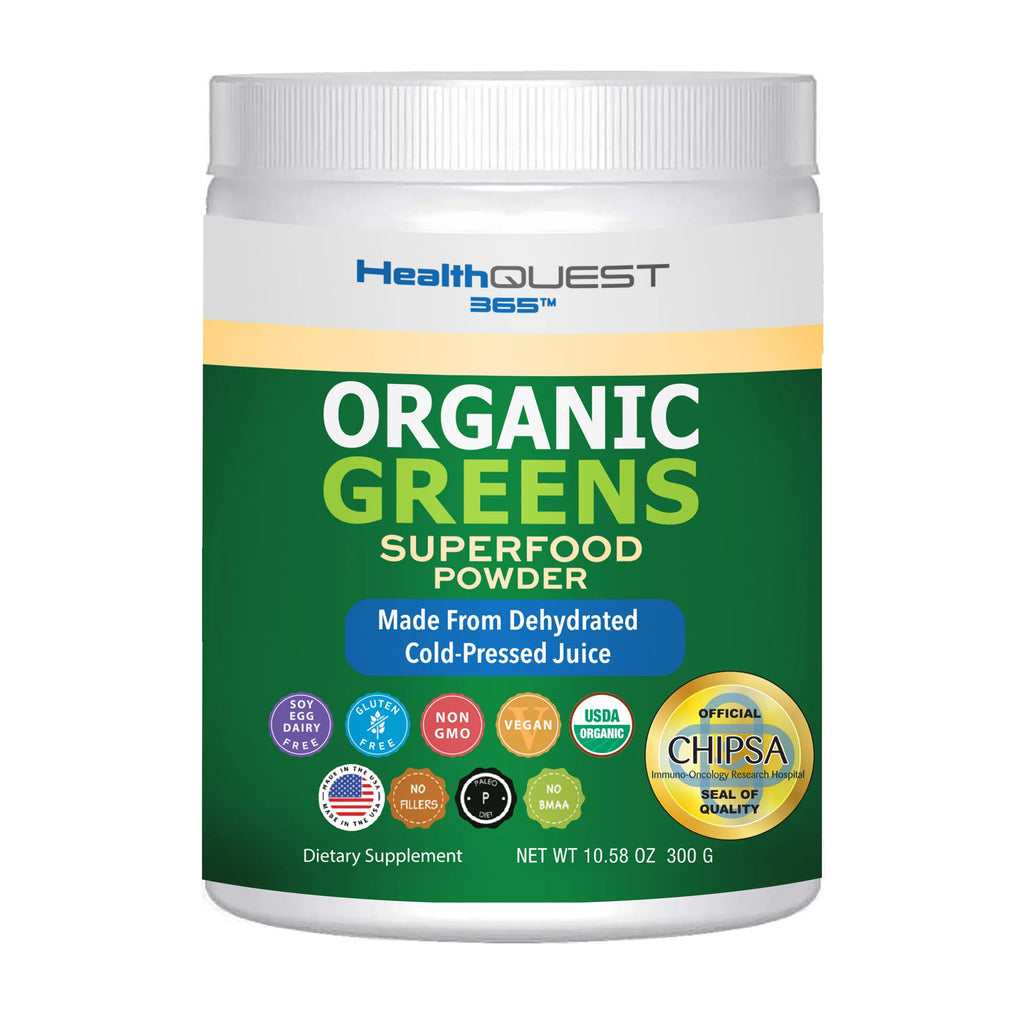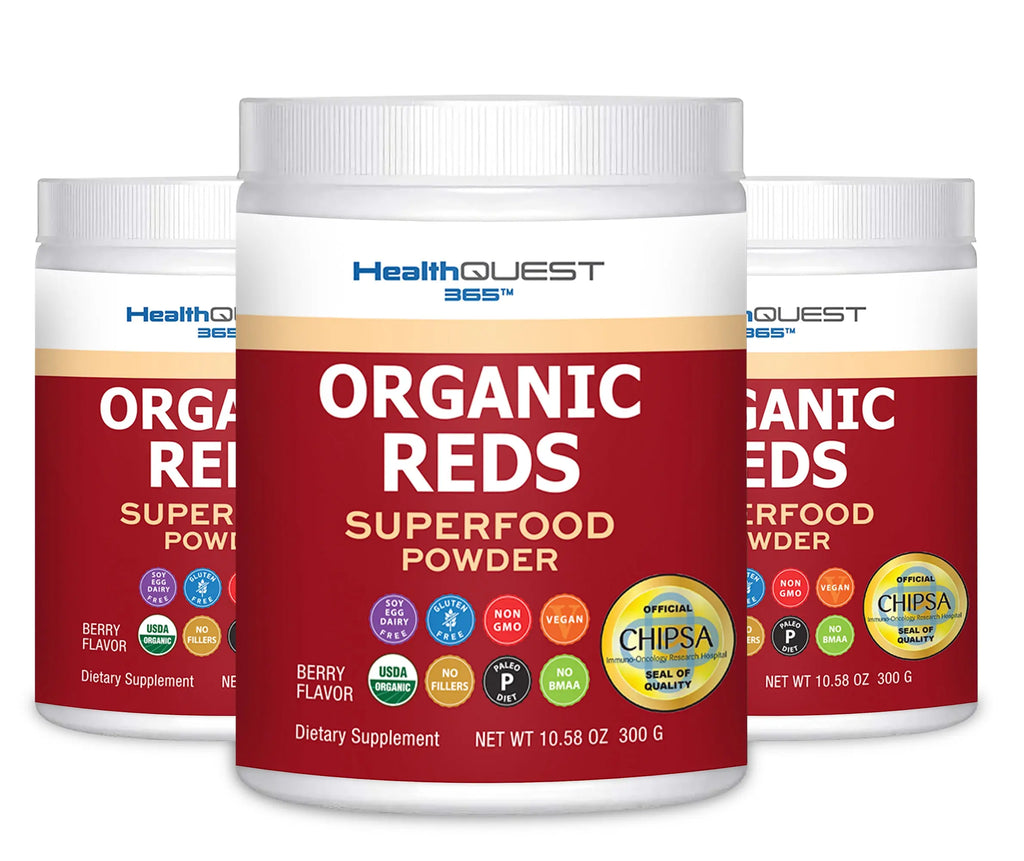It’s about health. It’s about healthy lifestyle. It’s about family™

Heart-Healthy Eating: Best Foods for Heart Murmurs
Heart murmurs represent abnormal heart sounds produced as blood flows across one of your heart valves. Though a heart murmur isn't a disease itself, it's often indicative of underlying heart problems. Surprisingly, your diet can play a pivotal role in preventing & managing heart murmurs given the intricate connection between what you eat and your overall cardiovascular health.

The Wonder of Organic Foods for Heart Health:
Organic foods are packed with nutrients that can do wonders for your overall heart health. They're free from harmful chemicals, preservatives, and synthetic hormones, providing pure, unadulterated nutrition to your body. Eating organic isn't just a trend anymore—it’s a lifestyle choice for those who are committed to maintaining good heart health.
Heart Murmurs & The Power of Diet
Heart murmurs can occur when the blood flows more quickly than usual through the heart owing to pregnancy, fever, or anemia. Chronic conditions such as hypertrophic cardiomyopathy or mitral valve prolapse may also cause heart murmurs. And heart murmurs aren't unusual either — according to an article by Yale Medicine , approximately 75% of all children experience heart murmurs at some point in their lives.
Heart Murmurs and Heart Disease
Heart murmurs are often related to heart disease. Structural issues in the heart, like valve abnormalities or defects, can lead to turbulent blood flow, resulting in a murmur. For instance, a narrowed or leaking valve disrupts normal blood flow, causing unusual sounds. In adults, murmurs are frequently associated with conditions that damage heart valves, such as endocarditis or rheumatic fever.
High blood pressure (hypertension) itself is a significant risk factor for heart disease. It can put extra strain on the heart, thickening its muscles or damaging arteries, thereby increasing the risk of murmurs. Managing blood pressure through a balanced diet, regular exercise, and medication, if necessary, is crucial in preventing heart murmurs related to hypertension.
The Impact of Diet on Heart Murmurs
Diet plays a critical role in heart health, and certain dietary choices can exacerbate conditions leading to heart murmurs.
High intake of saturated fats, commonly found in red meat, full-fat dairy products, and certain oils high in saturated fat, can contribute to the buildup of plaque in arteries, a condition known as atherosclerosis. This narrows the arteries and can lead to increased blood pressure, straining the heart and potentially worsening a heart murmur. High sodium foods can also have a negative impact.
Recent studies, such as this one published in NCBI, suggest that heart-healthy diets not only help prevent heart diseases but also aid in the management of heart murmurs significantly. Thus, making conscious food choices and eating heart healthy foods can be a step towards ensuring the smooth functioning of that heart of yours!

The Heart-Healthy Diet & Its Significance
A heart-healthy diet can be beneficial for anyone, not just those experiencing heart murmurs. Reducing salt intake, consuming less processed foods, and incorporating more fresh fruits & vegetables can contribute significantly to heart health.

Why Go Organic ?
Organic foods are free from synthetic pesticides and fertilizers, offering cleaner nutrition that is gentle on the heart. Rich in essential nutrients, antioxidants, and heart-healthy compounds, they aid in reducing inflammation and strengthening heart muscles. By switching to organic, individuals with heart murmurs can not only improve their heart's condition but also enhance their overall health, paving the way for a optimal heart health.
Choosing organic foods is a proactive step towards better heart health, particularly for those dealing with heart murmurs. Here's why going organic can benefit heart health:
Reduced Exposure to Chemicals: Organic foods are grown without harmful pesticides and synthetic fertilizers. These chemicals can have adverse effects on heart health, potentially exacerbating heart murmur symptoms. By going organic, you significantly reduce your intake of these toxins, thereby offering a cleaner, more heart-friendly diet.
Higher Nutrient Levels: Studies suggest that organic produce often contains higher levels of nutrients, including antioxidants, which are crucial for heart health. These nutrients help in reducing oxidative stress and inflammation, two factors that can impact heart murmurs.

Give You ALL Our Best Workbooks
Get all the Best Workbooks + Action Guides from our expert
Promotes Heart Health: Organic foods, especially fruits, vegetables, and whole grains, are rich in fiber, essential vitamins, and minerals. A diet high in these components has been linked to lower blood pressure and improved heart health, which is particularly beneficial for those with heart murmurs.

Environmentally Friendly: By choosing organic, you're not only benefiting your heart but also contributing to a healthier environment. Organic farming practices promote biodiversity and soil health, and reduce pollution and water contamination, creating a healthier ecosystem overall.
Better Taste and Quality: Many people find that organic foods taste better due to the improved quality of soil and sustainable farming practices. This can encourage a more enjoyable and consistent healthy eating pattern, which is essential for managing heart murmurs effectively.
Going organic offers a holistic approach to managing heart murmurs. It aligns with a lifestyle that prioritizes not only heart health but also overall well-being and environmental sustainability.

FREE "Mystery Gift"?
Let me stay in touch with you via email and as a thank you - get this FREE gift.. Something others paid over $1,000 for.
(True story)
Data Backing Organic Foods for Heart Health:
A healthy diet is one of the best ways to manage heart murmurs, particularly one with plenty of fruits, vegetables, and healthy fats — and organic produce is generally better healthwise, according to an article by Mayoclinic . The absence of harmful chemicals coupled with a plethora of health-promoting compounds like omega-3 fatty acids, antioxidants, and fibre offer a distinct advantage for maintaining a healthy heart rhythm.
A Dab Organic Greens in Your Daily Diet
Incorporating organic greens into your daily diet is a simple yet impactful way to boost your overall health. So how do you go about getting it every day? Here are some great tips that you can try:
-
Start Small: If you're new to organic eating, begin by replacing a few items that you consume regularly with their organic counterparts. This could be fruits, vegetables, or dairy products. Gradually increase the range of organic foods in your diet.
-
Buy in Season: Purchasing organic produce when it's in season can be more affordable and ensures better taste. Seasonal foods are often priced lower due to their abundance.
-
Explore Local Options: Shopping at local farmers' markets can be a cost-effective way to buy organic. Local farmers often offer competitive prices and you can also directly inquire about their farming practices.
-
Consider Community Supported Agriculture (CSA): Joining a CSA allows you to receive a regular supply of fresh organic produce directly from a local farm. This can be a cost-effective and convenient way to access organic foods.
-
Grow Your Own: If space permits, start a small organic garden. Growing your own herbs, vegetables, and fruits can be a rewarding and affordable way to ensure a supply of organic produce.
-
Bulk Buying: Purchase organic grains, nuts, and legumes in bulk. Bulk items often come with a lower price tag compared to packaged goods.
-
Plan Meals and Reduce Waste: Plan your meals ahead of time to avoid buying more than you need. Use every part of the organic produce you buy to minimize waste — vegetable skins can be used to make vegetable stock, while fruit skins can be turned into zest or compost, for example.
Some Great Nutrient Rich Foods For Heart Health

Salmon: Rich in omega-3 fatty acids, salmon and other fatty fish helps reduce inflammation and lower the risk of heart rhythm disorders.
Blueberries: Packed with antioxidants, blueberries can help decrease blood pressure and dilate blood vessels for better heart health.
Leafy Greens: High in potassium and magnesium, spinach, kale, and other leafy green vegetables aids in regulating blood pressure and heart rhythm.
Walnuts: Loaded with alpha-linolenic acid, a plant-based omega-3, walnuts help reduce arterial inflammation and lower cholesterol.

Oats: Contain soluble fiber, which lowers cholesterol levels and reduces the risk of heart disease.
Avocados: Rich in monounsaturated fats — which are the healthy fats — avocados can help lower LDL (bad) cholesterol while raising HDL (good) cholesterol.
Dark Chocolate: Contains flavonoids that help lower blood pressure and improve blood flow to the heart and brain.
Tomatoes: High in potassium and lycopene, tomatoes support heart health by lowering blood pressure and reducing the risk of heart disease.
Garlic: Its active compound, allicin, is known to improve blood vessel elasticity and lower blood pressure.
Moreover, the beneficial effects of these foods aren't just limited to physiological benefits. Organic foods, free of harmful pesticides and chemicals, also contribute to general well-being and disease prevention, making them a holistic choice for overall health and wellness.
An Easier Way to Get Your Organic Greens and Foods: HealthQuest 365 Organic Greens!
Getting organic vegetables into your daily routine is difficult, we know. That’s why we’re offering an even easier way for you to help you and your family get organic foods into your diet: HealthQuest 365 Organic Greens.
Just one scoop gives you all the health benefits from a day's worth of vegetables, to help you stave off heart murmurs, achieve optimal heart health, and get going on the road to a heart healthy diet. It's made from 100% organic ingredients, and is a low calorie way to get all the benefits of heart-healthy foods without any increased risk.
Best Foods for Heart Murmurs
A healthful diet comprising organic green foods can act as a sentinel, guarding your heart against murmurs. By embracing organic greens, you're not just feeding your body; you're nurturing your heart. These nutrient-rich foods offer a natural defense against heart murmurs, ensuring your heart beats strongly and steadily. Making organic greens a staple in your diet is a delicious, life-affirming choice for long-lasting heart health.
FREQUENTLY ASKED QUESTIONS
A simple step would be to evaluate your current lifestyle and health, identify areas of improvement, and gradually incorporate healthier habits.
Absolutely! Physical exercises such as jogging, brisk walking, or bodyweight exercises can be done without a gym.
A positive attitude is vital in healthy living as it reduces stress and encourages persistence in maintaining healthier habits.
A supportive environment can be built by including people who have similar health goals or by seeking the support of friends, family, or online health and wellness communities.
Regular check-ups help in detecting any potential health issues early and managing them effectively. They keep you updated about your overall health.

